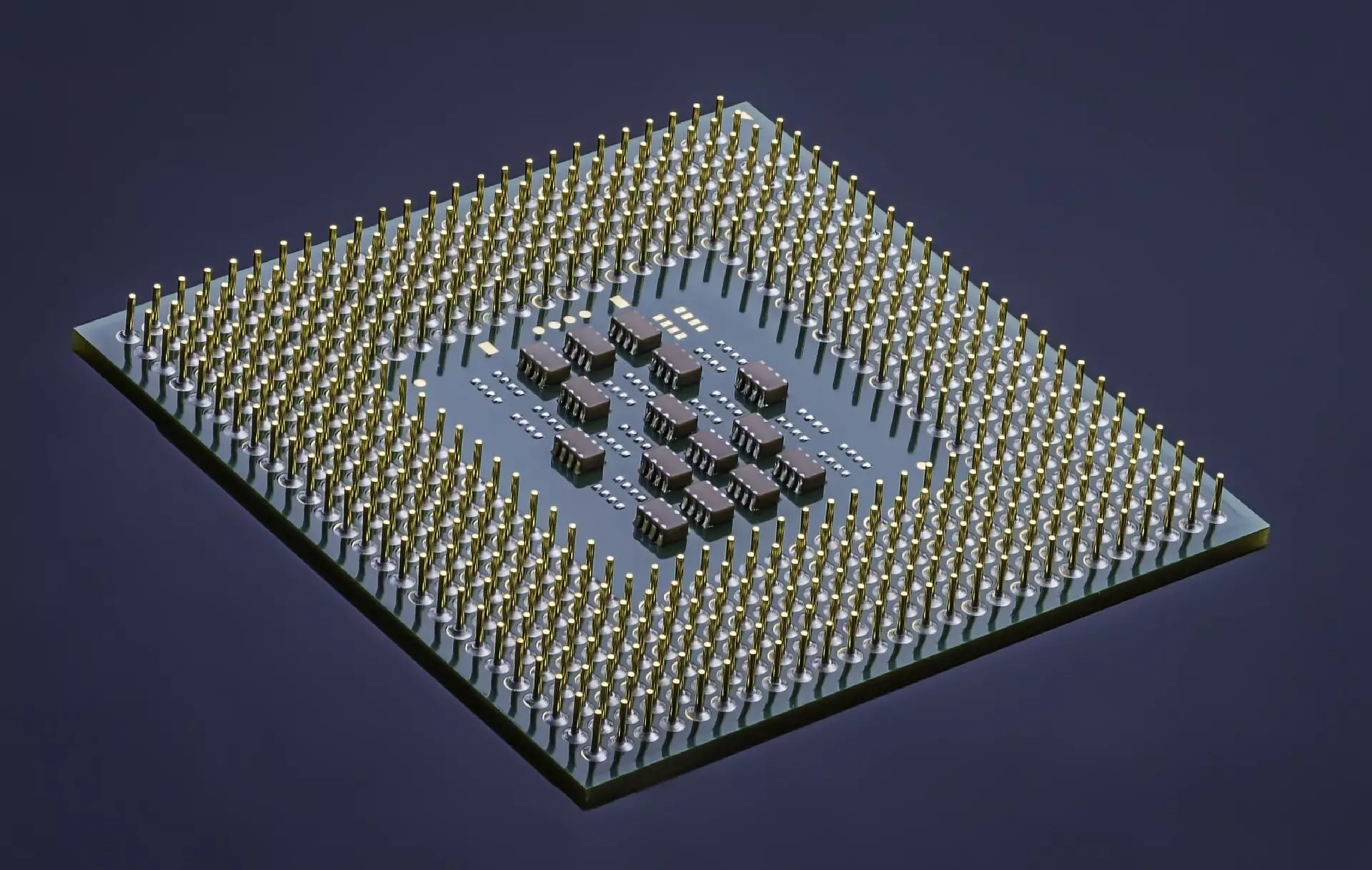On a significant Friday announcement, the UK government revealed its acquisition of a pivotal semiconductor manufacturing facility located in Newton Aycliffe, northeast England. This strategic move comes in response to concerns that the potential closure of the factory would disrupt the supply chain essential to the operational readiness of the British armed forces. The factory specializes in producing gallium arsenide chips, a critical component used in various electronic devices, including those necessary for enhancing the capabilities of military platforms.
Having recognized the importance of semiconductors in contemporary defense applications, Defense Secretary John Healey emphasized that this acquisition marks the commitment of the UK government to safeguard and bolster its defense production capabilities. The statement highlighted the necessity of these technologies in securing not just current military capabilities but also in anticipating future needs.
The UK government’s acquisition of this semiconductor facility is expected to secure approximately 100 jobs, a welcome development considering the economic uncertainties within the region. The Ministry of Defense has identified job security as a critical aspect of its investment strategy, ensuring that local employment is safeguarded alongside national defense interests. While the government did not disclose the exact purchase amount, a source indicated it to be around £20 million ($27 million), reflecting a significant investment in the country’s technological infrastructure.
Prior to its acquisition, the factory faced an uncertain future, primarily due to the conclusion of a major contract with tech giant Apple, which previously contributed to its operational viability. Reports also indicated that other potential customers, such as Italian aerospace firm Leonardo, had no outstanding orders with the facility, further complicating its prospects. By acquiring the factory, the government aims to stabilize operations and maintain a consistent supply of semiconductors vital for defense applications.
The global semiconductor industry is witnessing explosive growth, with over a trillion units produced annually. The UK government anticipates that the semiconductor market could reach a valuation of $1 trillion by 2030. Such projections underscore the integral role that semiconductors play in modern economies, permeating through consumer electronics, automotive industries, and, crucially, military technologies.
The escalating competition between the United States and China over semiconductor production capabilities highlights the strategic importance of these components. As nations vie for technological superiority, Britain’s focus on enhancing its own semiconductor production capacity is a notable effort to ensure its competitiveness on the global stage. Moreover, these chips are expected to be instrumental in the development of emerging technologies like artificial intelligence and advanced communication networks, including 6G.
This acquisition signals a broader recognition of the necessity to secure essential supply chains within the UK. The impact extends beyond immediate military applications; it encompasses the national interest in maintaining a robust technological infrastructure. As the UK positions itself within the shifting global landscape, prioritizing the semiconductor industry emerges as a crucial strategy for ensuring not only military readiness but also economic resilience and technological innovation for future generations.
The ownership transition to Octric Semiconductors UK is a reaffirmation of commitment towards domestic production capabilities, critical for sustaining national defense and protecting economic interests in an increasingly interconnected world.


Leave a Reply